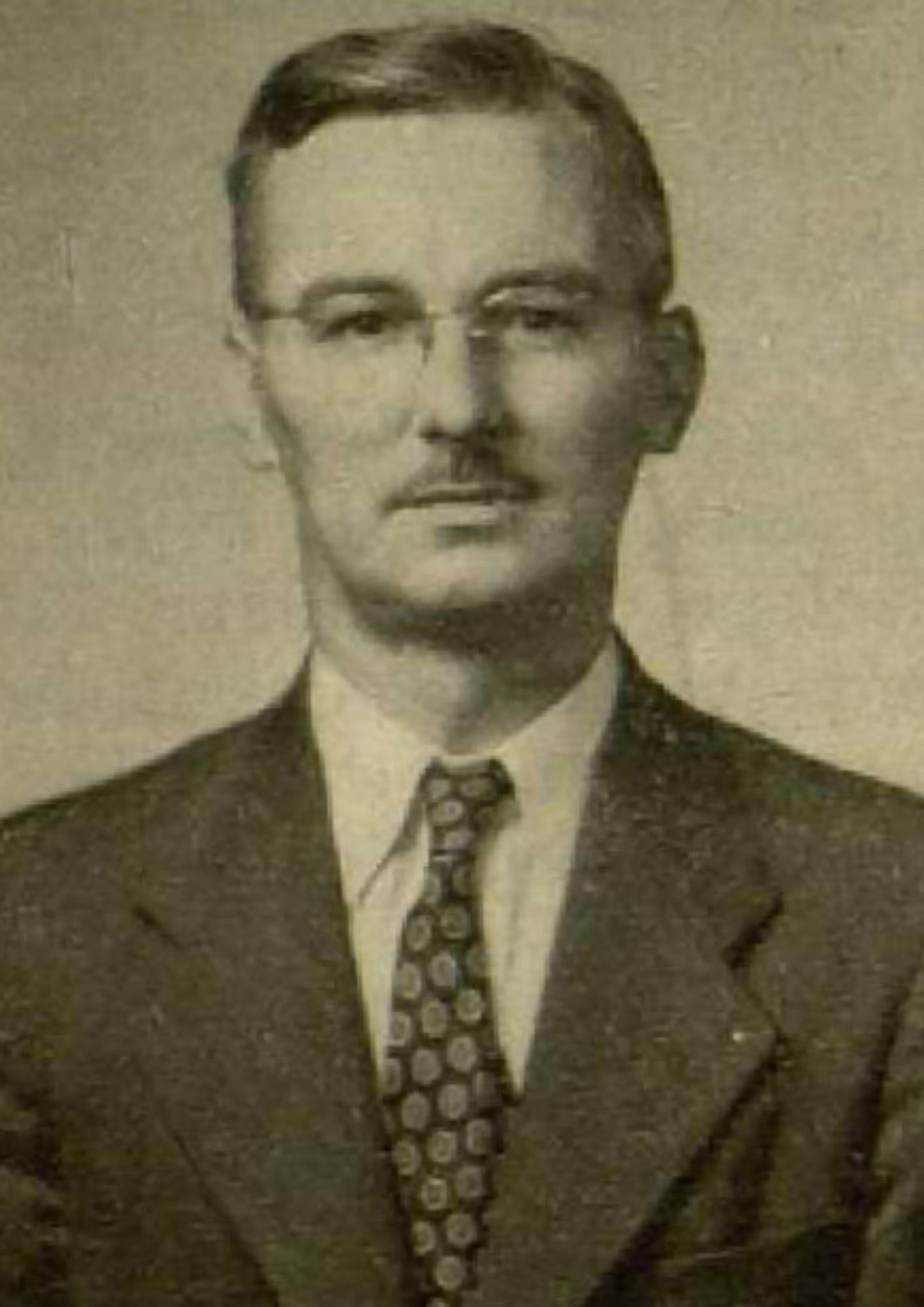The Hungarian-American priest who turned into an FBI agent

Change language:
István Sziarto (Stephen Sziarto) was born in 1910 as the son of Hungarian immigrants in West Virginia in a small coal mining community. He spent most of his childhood in a rural settlement called Pocahontas which was originally inhabited by Native Americans, hence the name. Even though he never attended a Hungarian school nor did he ever step into the motherland of his ancestors, he spoke the language fluently. His dual Hungarian-American heritage accompanied him throughout all his adventures. He led a fascinating life and proved himself in various different fields. He worked as a Calvinist priest, an FBI agent and a forestry entrepreneur. But how did the young talent, born in a tiny mining village, become one of the most prominent figures in the Hungarian-American community?

The Calvinist priest who served the Hungarian-American community
The Sziarto family lived in a typical coal mining community and often struggled to make ends meet. Therefore, according to Telex, Sziarto’s parents wanted a better future for their son. They wanted to spare him from the shortened lifespan of a coal miner who has to do strenuous physical work on a daily basis. They sent him to pursue sociology studies at the Franklin & Marshall College in Pennsylvania. István graduated in 1931 and, in 1934, he also completed a theology seminar at Lancaster Theology Seminary and was inaugurated as a priest by the Pennsylvania Church. After his studies, he returned to West Virginia and served as a priest in a number of local towns. During this period, he married his wife, Margaret Nagy who was also a descendant of Hungarian immigrants and spoke fluent Hungarian. They raised a son and a daughter together. In 1939, he became the priest of a Hungarian community in Columbus, Ohio. He was the first priest who was born in the new land. He had a keen sense for recruiting people to the church and did a lot for the community as well. During his ministry, he had the churchyard doubled and equipped with streetlights, the church steeple covered with bronze and the outhouse changed to a modern English-style latrine. István also modernised the donation system of the local church as well as improved its communications so that believers were informed about the recent updates.
At the end of 1941, after Pearl Harbor, he volunteered to join the army but his application was rejected. The official excuse was that his work of managing a bilingual community was too precious to leave his position. But the actual reason was that the government wanted to prevent the number of soldiers belonging to one specific church outweigh the number of members of another one within the troops.
Read also: Can you guess who are the five most famous Hungarians?
The FBI agent who helped Hungarian immigrants in ‘56
According to the information of vasvary.sk-szeged.hu, Sziarto got in contact with the Federal Bureau of Investigation when they reached out to him with a number of translation projects, from Hungarian to English and vice versa. Due to his outstanding work, they eventually offered him a permanent position which resulted in a two-decade work contract. In 1947, he was advised to travel to Washington D.C. and apply to be an intelligence agent. Since he was fascinated by this sort of work, he accepted the offer and after completing various competence tests he was finally welcomed at the FBI in 1951. The prestigious position required him to relocate to the capital with his family. His wife successfully landed a job at the National Security Agency, first as an agent at the national security division and later as a cryptographer as part of a promotion. She worked there until her retirement in 1973.






On 22nd of December 1956 left from Budapest to Austria crossed the border on 24th along with two school buddies.
I came to US in October 1958 upon arrival applied permit for citizenship.
On April 1959 I was asked to go to Washington DC for interview at the Immigration and Naturalization Dep.
The gentleman was Sziarto whom I had a wonderful conversation, he was quiet curious as to what happen in
Hungary in 56′ revolution. I received my citizenship papers in 1963. Called Mr.Zsiarto and Thanking for all the advice he gave me.
Dear Reader,
We are glad to read such lovely personal stories you just shared with us. Sziarto was a truly remarkable person who helped many fellow Hungarians.
Sad to say the FBI had played a role in Ukraine for over 20 years and be came part of the corruption
This is My Great Grandfather. I came across this article by chance and am so grateful to the author. You have given me such a gift. Thank you for this!